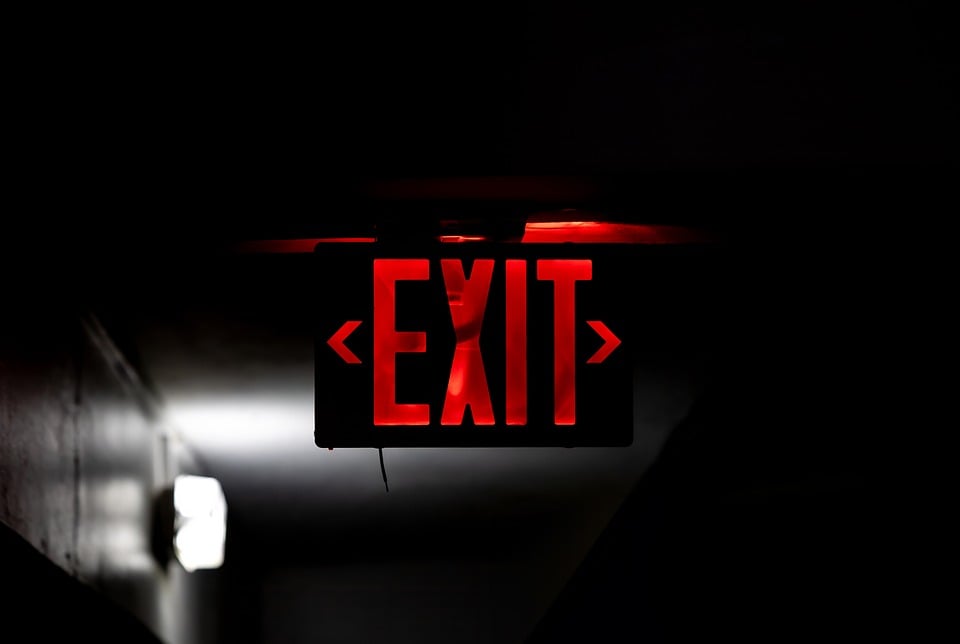Building an Emergency Fund: Why Every Financial Plan Needs One
Introduction
In today’s unpredictable world, having a solid financial plan is essential for your well-being and peace of mind. One key aspect of any financial plan that often gets overlooked is the importance of building an emergency fund. An emergency fund is a stash of money set aside to cover unexpected expenses or financial emergencies that may arise. In this article, we will explore why having an emergency fund is crucial for your financial health and how to go about building one.
Why You Need an Emergency Fund
Life is full of surprises, and not all of them are pleasant. From car repairs to medical emergencies, unexpected expenses can easily derail your financial stability if you’re not prepared. This is where an emergency fund comes in handy. Here are some reasons why every financial plan needs one:
1. Financial Security
Having an emergency fund provides you with a safety net in case of unforeseen circumstances. It gives you peace of mind knowing that you have money set aside to cover unexpected expenses without having to resort to borrowing or dipping into your savings.
2. Avoiding Debt
When faced with a financial emergency, many people turn to credit cards or loans to cover the expenses. This can lead to a cycle of debt that is hard to break free from. By having an emergency fund, you can avoid going into debt and maintain your financial stability.
3. Job Loss or Income Reduction
In today’s economy, job security is not guaranteed. Having an emergency fund can provide you with a buffer in case you lose your job or experience a sudden drop in income. It can help you cover your expenses while you look for a new job or adjust to a lower income.
How to Build an Emergency Fund
Now that you understand the importance of having an emergency fund, let’s look at how you can go about building one:
1. Set Realistic Goals
Start by setting a realistic goal for your emergency fund. Aim to save at least three to six months’ worth of living expenses. This will provide you with a cushion to cover most financial emergencies that may arise.
2. Create a Budget
Track your expenses and create a budget to determine how much you can afford to save each month. Cut back on unnecessary expenses and redirect that money towards your emergency fund.
3. Automate Your Savings
Set up automatic transfers from your checking account to your emergency fund to ensure that you consistently save money each month. Treat your emergency fund like a bill that needs to be paid.
4. Keep Your Emergency Fund Separate
It’s important to keep your emergency fund separate from your everyday savings or checking account. This will prevent you from dipping into it for non-emergencies and help you stay focused on your savings goal.
Conclusion
Building an emergency fund is a crucial part of any financial plan. It provides you with financial security, helps you avoid debt, and prepares you for unexpected expenses. By setting realistic goals, creating a budget, automating your savings, and keeping your emergency fund separate, you can build a solid financial foundation that will protect you in times of need. Start building your emergency fund today and take control of your financial future.


